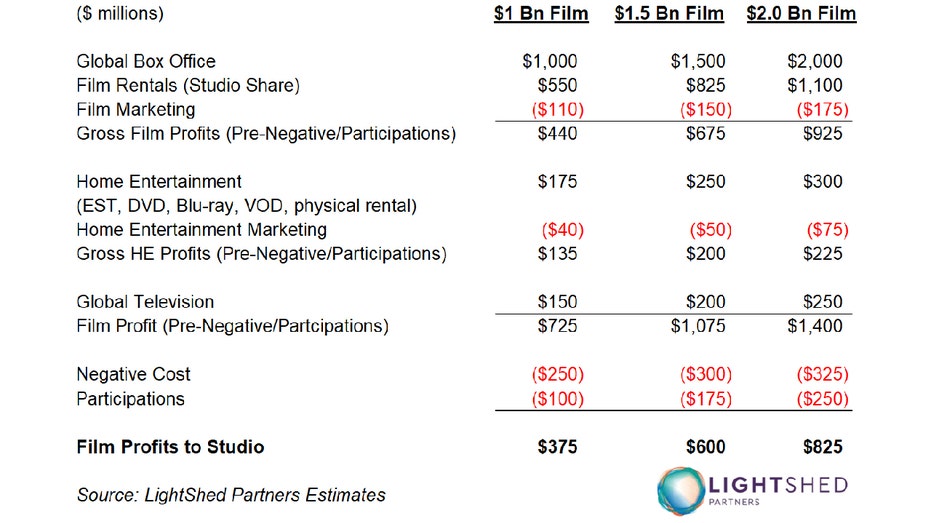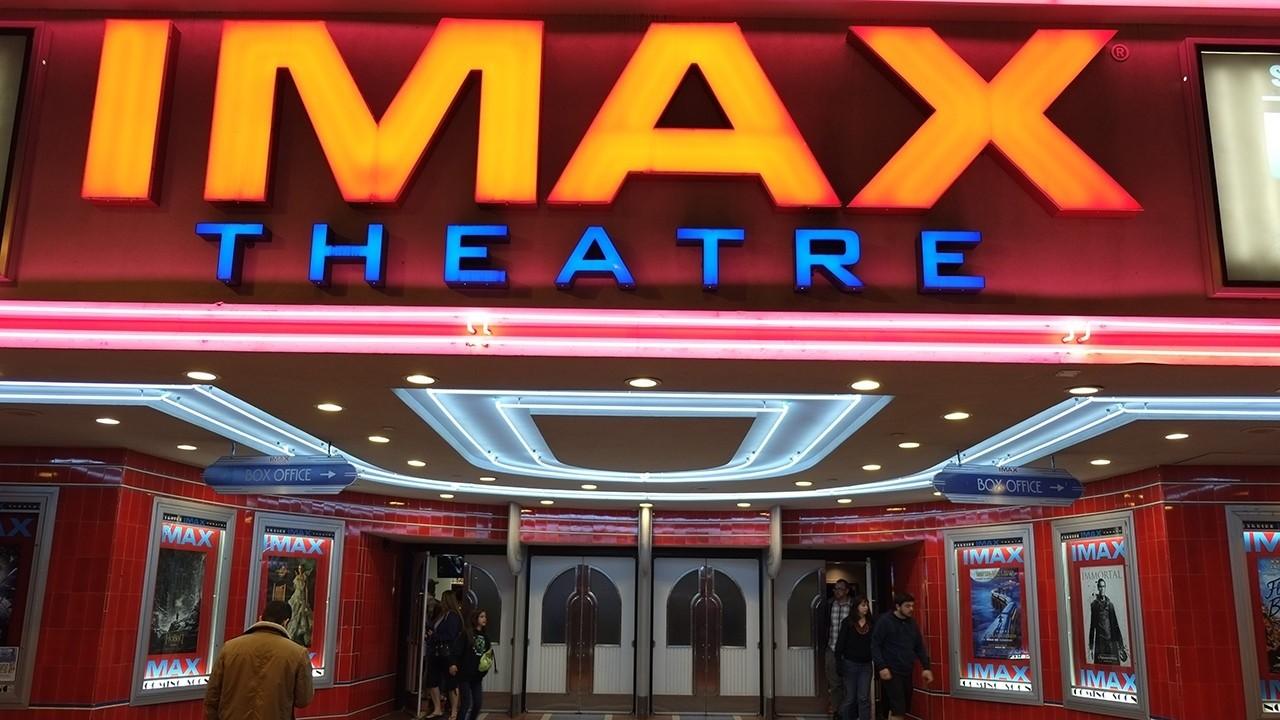Coronavirus forces movie theaters to seek aid in fight to keep curtains up
As studios opt for on demand showings, the future is cloudy
The coronavirus outbreak and its effective shutdown of the movie industry have forced the National Organization of Theater Owners -- the trade group that represents most of the industry's cinemas -- said it was joining the growing list of industries seeking government aid.
“This is an unprecedented challenge to the business,” said John Fithian, president and chief executive of NATO. "We're looking to Congress and White House to understand this is a cultural institution where people gather."
The funds, which would go to such theater chains as AMC Theaters and Bow Tie Cinemas -- would be loan guarantees for the theater's employees and funds to compensate for lost ticket sales and concessions.
| Ticker | Security | Last | Change | Change % |
|---|---|---|---|---|
| AMC | AMC ENTERTAINMENT HOLDINGS INC | 1.34 | -0.14 | -9.46% |
According to Box Office Mojo, this weekend's top ten movies had a combined estimated gross of $50.35 million, which is the lowest combined gross for the top ten since 1995 during the 11th week of the year.
That rough weekend was only due to get worse with more states and cities ordering the closing of social gathering spots like bars, restaurants and movie theaters. As a result, Hollywood studios have postponed several big-budget upcoming releases, including “A Quiet Place Part II”, Disney's “Mulan" and "Black Widow", and the new James Bond film "No Time to Die," among others.
CORONAVIRUS COULD IMPACT SPORTS FOR LONGER THAN ANTICIPATED
Deadline reported Wednesday that distribution executives estimate around 20 percent of the nation’s movie theaters remain intact and open for business, while the number of those that have closed is around 4,000. The trade web site also reported that if the domestic box office is closed until the end of May, movie theaters could lose an estimated $2 billion.
Last year Europe had a record year at the box office with $9.2 billion dollars, but last year seems like 100 years ago to theater owners there. One cinema owner in Dusseldorf told the Hollywood Reporter that unlike large movie chains, "the vast majority of indie cinemas don't have much capital coverage at all. It's a question of 1-2 months before we see bankruptcies”.
While some hope government aid will eventually help the theaters recoup some losses coupled with a strong second half of 2020 could save the industry, but there is concern that the virus could bring down the curtains for good as some studios turn to on-demand services to make up for lost revenue.
GET FOX BUSINESS ON THE GO BY CLICKING HERE
Sony's Columbia Pictures said Wednesday that they would make Vin Diesel action pic "Bloodshot" available for electronic sell-through on March 24 for the retail price of $19.99. The movie opened at the box office on March 13 and took in $9.1 million.
Still, the studio says it is not abandoning theaters. “Sony Pictures is firmly committed to theatrical exhibition and we support windowing,” said Tom Rothman, chairman of Sony Pictures Entertainment’s Motion Picture Group. “This is a unique and exceedingly rare circumstance where theaters have been required to close nationwide for the greater good and 'Bloodshot' is abruptly unavailable in any medium. Audiences will now have the chance to own 'Bloodshot' right away and see it at home, where we are all spending more time. We are confident that — like other businesses hit hard by the virus — movie theaters will bounce back strongly, and we will be there to support them.”
The "Bloodshot" announcement comes after Universal Pictures said on Monday that they would make their current films released in theaters including “Invisible Man,” “The Hunt” and “Emma” available for on-demand viewing as early as March 20, and have their upcoming film "Trolls World Tour" open simultaneously in theaters and on-demand services, with 48-hour rentals priced at $19.99. Disney also made the decision last week to move up the release date of Frozen 2 on its streaming service Disney+ to March 15.
But some films might not become as profitable through on-demand services that they reach in movie theaters.
| Ticker | Security | Last | Change | Change % |
|---|---|---|---|---|
| NFLX | NETFLIX INC. | 81.47 | -0.73 | -0.89% |
| DIS | THE WALT DISNEY CO. | 107.13 | -1.57 | -1.44% |
| AMZN | AMAZON.COM INC. | 208.72 | -1.60 | -0.76% |
| AAPL | APPLE INC. | 274.62 | -3.24 | -1.17% |
| CMCSA | COMCAST CORP. | 31.61 | +0.24 | +0.77% |
In his note titled “Would You Rent a New Movie for $20? Universal Leads Film Biz Into the Future,” Lightshed media analyst Rich Greenfield said that while premium video on demand can work as a one-off, studios may struggle to maintain the approach over time given that consumers may be reluctant to spend $20 to rent a brand-new studio film “when there is a new movie on Netflix every single week at no additional cost.”
According to Greenfield's analysis, the average billion-dollar-grossing film gives the studio a $375 million profit, but video on demand could not generate that type of revenue or profit.

While it doesn't seem to impose any immediate threat on theaters, Greenfield told The Wrap Tuesday that the decision made by Universal Pictures and other film studios could lead to a long overdue reevaluation of the current theatrical release window and significantly change the way movies are viewed going forward.
“Waiting 90 days (for VOD) is absurd in 2020. It’s an antiquated absurdity that no one understands, especially millennials or Gen Z’s,” he said. “Hopefully this sends a new norm for blockbusters that you can watch movies whenever you want.”
CLICK HERE TO READ MORE ON FOX BUSINESS
The Associated Press contributed to this report




















